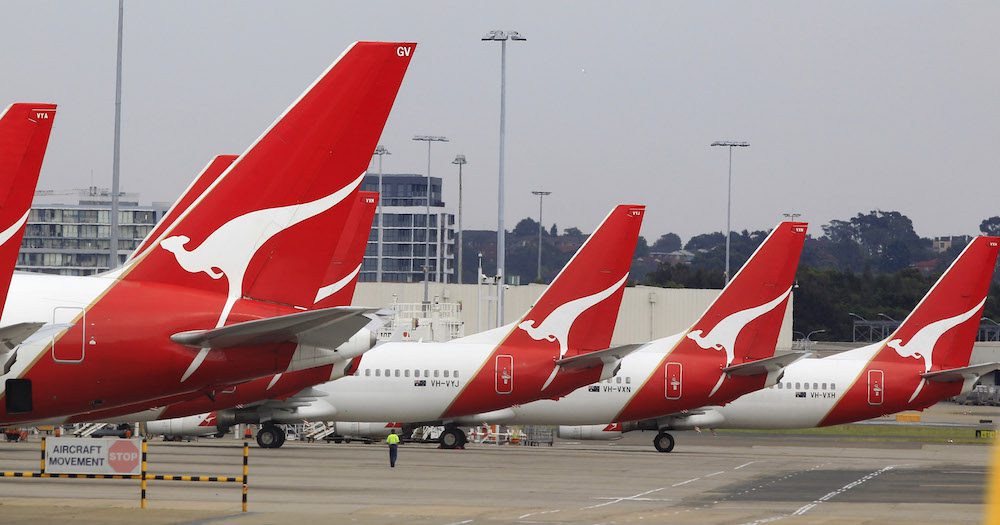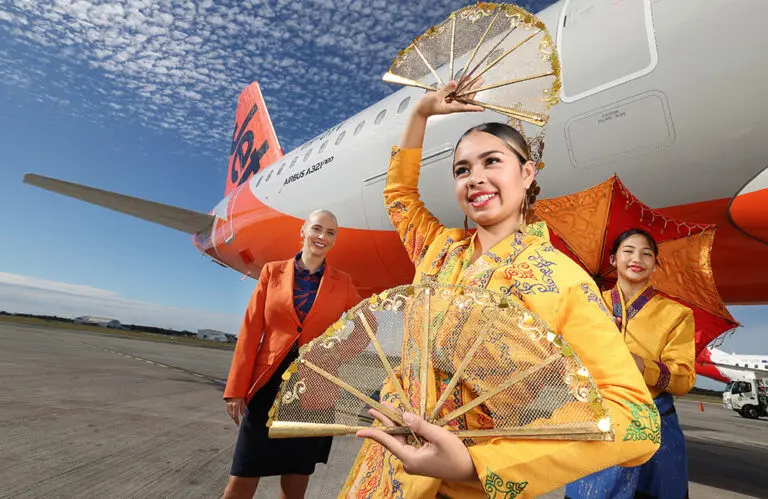The Qantas Group has today announced more job losses as part of a three-year plan to accelerate its recovery from the COVID crisis and “create a stronger platform for future profitability, long-term shareholder value and to preserve as many jobs as possible.”
Qantas says the three-year strategy will see costs reduced by AU$15 billion with 100 aircraft grounded for up to 12 months (some for longer) and further job losses and extended stand-downs to manage the long period of reduced flying (especially internationally).
The plan is designed to account for the uncertainty associated with the crisis, preserving as many key assets and skills as the Group can reasonably carry to support the eventual recovery.
Qantas says COVID-19 represents the biggest challenge ever faced by global aviation and the Group’s response to the crisis is scaled accordingly. This, unfortunately, means a large number of job losses across Qantas and Jetstar.
As part of the plan, Qantas will let 6,000 staff go with around 15,000 roles of its 29,000 workforce to be managed through a mix of extended stand down, annual leave and leave without pay.
In line with the airlines’ obligations, the Group says they will consult with relevant unions on the proposed job losses announced today.
The job cuts span the following areas of Qantas and Jetstar as follows:
- Non-operational – at least 1,450 job losses, mainly in corporate roles, due to less flying activity.
- Ground operations – at least 1,500 job losses across airports, baggage handling, fleet presentation and ramp operations due to less flying activity.
- Cabin crew – at least 1,050 job losses due to early retirement of the 747s and less flying activity. A further 6,900 cabin crew will be on stand down from July 2020 onwards.
- Engineering – at least 630 job losses due to 747 retirement, less flying activity (particularly of the wide-body fleet) and redistribution of work from Jetstar’s Newcastle base to make better use of existing maintenance capacity in Melbourne.
- Pilots – at least 220 job losses mostly due to the early retirement of the 747s. A further 2,900 pilots will be on stand down from July 2020 onward.
Of the Group’s 29,000 people, Qantas says around 8,000 are expected to have returned to work by the end of July this year.
It’s anticipated that this will increase to approximately 15,000 by the end of the calendar year 2020 in line with the opening up of domestic flying, and increase further during calendar 2021 and 2022 as the international network returns, reaching 21,000 active employees by June 2022.
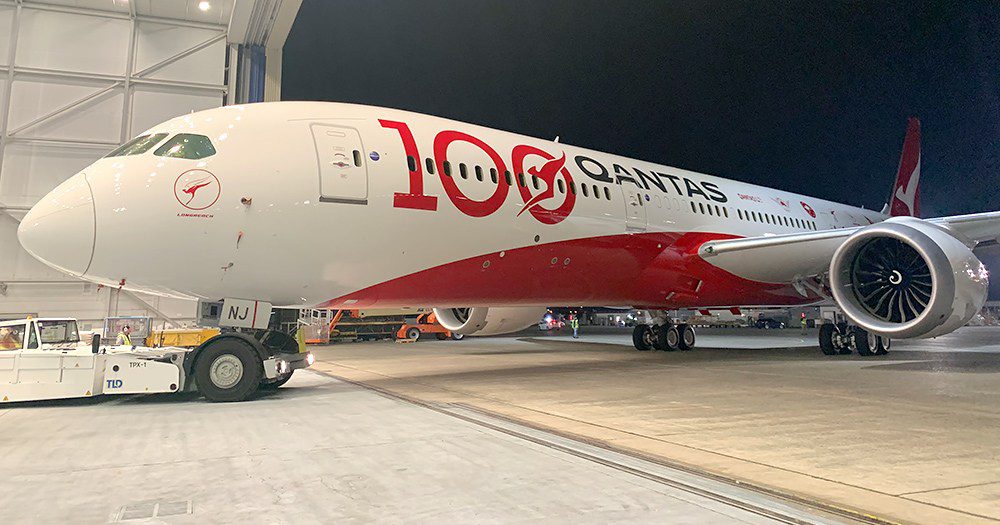
Qantas will also retire six remaining 747s immediately, six months ahead of schedule and have deferred their A321neo and 787-9 fleet deliveries to meet the Group’s requirements.
At the Board’s request, Alan Joyce has agreed to remain Qantas Group CEO as the recovery plan is implemented and through to at least the end of FY23. This will provide the leadership, experience and stability required as the Group navigates this incredibly challenging period.
Announcing the plan Qantas Group CEO Alan Joyce said: “The Qantas Group entered this crisis in a better position than most airlines and we have some of the best prospects for recovery, especially in the domestic market, but it will take years before international flying returns to what it was.”
“We have to position ourselves for several years where revenue will be much lower. And that means becoming a smaller airline in the short term.
“Most airlines will have to restructure in order to survive, which also means they’ll come through this leaner and more competitive. For all these reasons, we have to take action now.
“Adapting to this new reality means some very painful decisions. The job losses we’re announcing today are confronting. So is the fact thousands more of our people on stand-down will face a long interruption to their airline careers until this work returns.
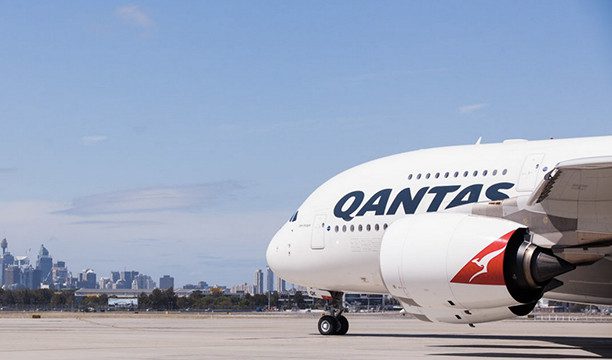
“What makes this even harder is that right before this crisis hit, we were actively recruiting pilots, cabin crew and ground staff. We’re now facing a sudden reversal of fortune that is no one’s fault but is very hard to accept.
Alan Joyce, Qantas Group CEO
“As we’ve done throughout this crisis, our decisions are based on the facts we have now and the road we see in front of us. Our plan gives us flexibility under a range of scenarios, including a faster rebound or a slower recovery.
“Despite the hard choices we’re making today, we’re fundamentally optimistic about the future. Almost two-thirds of our pre-crisis earnings came from the domestic market, which is likely to recover fastest – particularly as state borders prepare to open. We have the leading full service and low fares airlines in Australia, where distance makes air travel essential, and diversified earnings through Qantas Loyalty.
“We still have big ambitions for long haul international flights, which will have even more potential on the other side of this.”
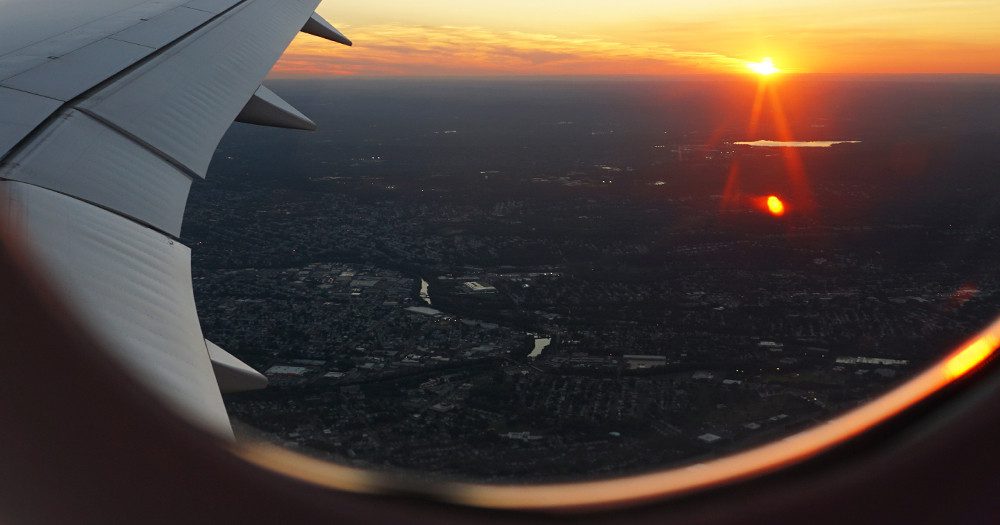
Qantas will now seek to raise up to $1.9 billion to accelerate the Group’s recovery, strengthen its balance sheet and position it to capitalise on opportunities aligned with its three-year strategy.
As part of the capital raising, the group are issuing shares at $3.65 per share, representing a 12.9% discount to the last traded price of $4.19 on 24 June 2020.
The approximately 372.7 million new fully paid ordinary shares issued under the placement represents a 25% increase to total shares on issue – which itself has decreased by more than a third through share buybacks in recent years.
“As a business, recapitalising means we can get ready sooner for new opportunities, returning to profit and constituting long term shareholder value. As the national carrier, we remain committed to supporting tourism, connecting regional communities and safely flying millions of people every year.”
Alan Joyce, Qantas Group CEO
To read the full ASX releases, click here


